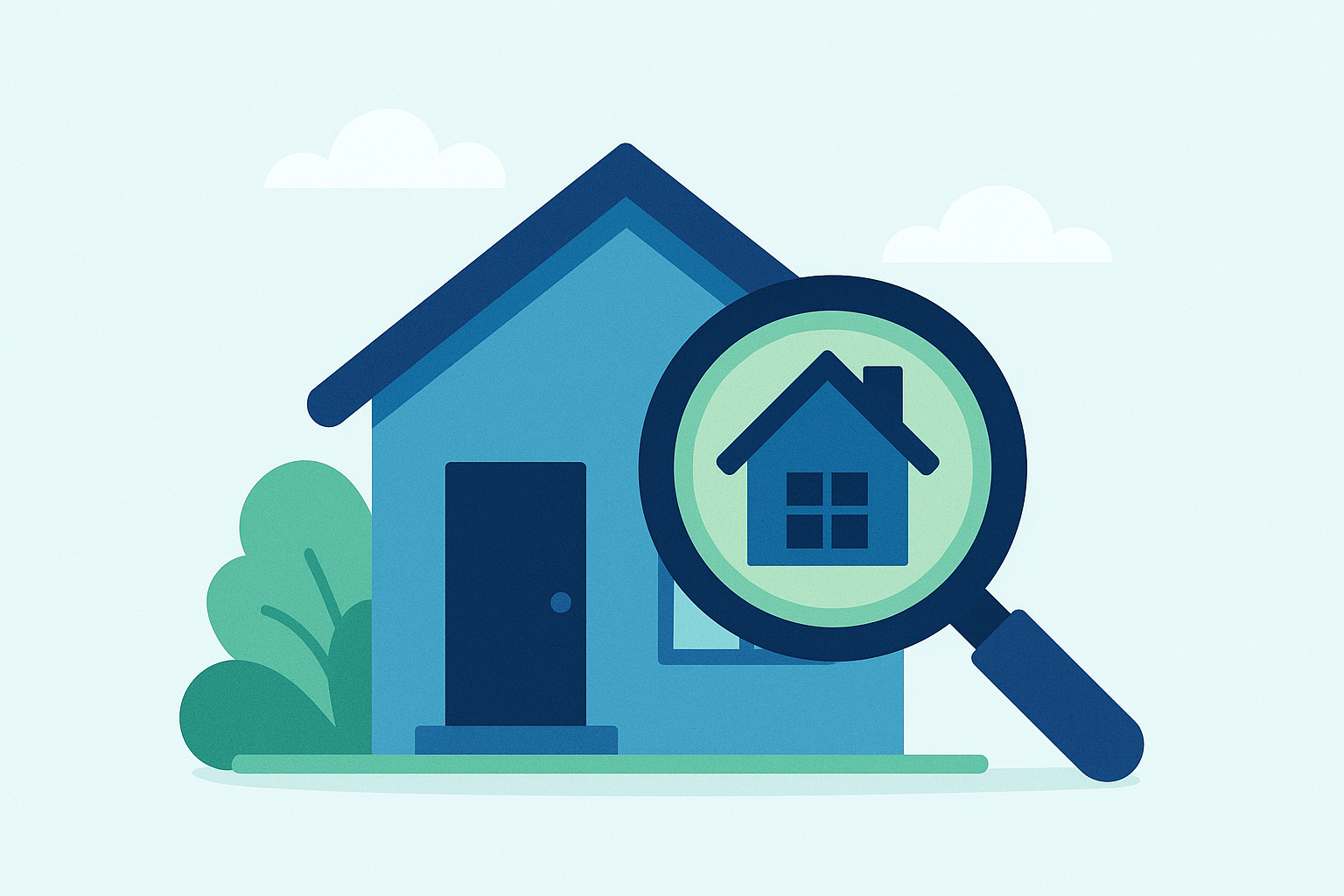What Appraisers Look For and What Can Hurt Your Home’s Appraisal
When you’re buying, selling or refinancing, a home appraisal can feel like a black box. But the process isn’t as mysterious as it may seem. Appraisers follow a consistent set of criteria to estimate a property’s market value, and understanding those criteria will help you prepare your home and avoid surprises.
Key factors appraisers evaluate
Appraisers conduct a visual inspection and then compare your home to recent sales of similar properties. During the inspection they pay special attention to:
Signs of disrepair – Major issues such as cracked walls, damaged flooring, outdated appliances, broken fixtures, old HVAC units, roof problems and safety hazards can drag down an appraisal. raleighrealty.com.
Water damage and infestations – Evidence of leaks, mold, water stains or pest damage (especially termites) signals deferred maintenance and will be noted in the report. raleighrealty.com.
Size and layout – Overall square footage, number of bedrooms and bathrooms, garage size and lot size are compared to other homes in the neighborhood. raleighrealty.com.
Comparable sales – Appraisers study recent sale prices of similar homes nearby. If your home is listed at $400k but similar homes sold for $350k, that gap will affect the appraised value. raleighrealty.com.
Quality of upgrades – New kitchens, updated baths, modern flooring and energy‑efficient systems can add value, while dated finishes do not.
What can hurt an appraisal?
Several common issues can lower your home’s value:
Deferred maintenance – Small problems that are left unresolved tend to worsen over time. A 2025 homeowner guide advises being upfront with the appraiser about any repairs in progress and tackling leaks or other damage promptly. raleighrealty.com.
Clutter and poor presentation – While appraisers focus on structural and functional aspects, a clean, decluttered home makes it easier to view each room and creates a positive impression. raleighrealty.com.
Unfinished or unpermitted work – Projects that are mid‑renovation or lack permits can raise red flags. Provide documentation to show the scope and cost of any ongoing work. raleighrealty.com.
Hidden issues – Water stains, pest infestations or nonfunctional systems (HVAC, plumbing, electrical) will be noted and can lead to a lower condition rating. raleighrealty.com.
Tips to prepare for your appraisal
Fix minor problems – Repair leaky faucets, patch holes, replace broken hardware and address peeling paint.
Tidy up – Declutter rooms, mow the lawn, and remove debris from the yard. A neat property doesn’t add dollars directly, but it allows the appraiser to see the home clearly. raleighrealty.com.
Document improvements – Compile receipts and estimates for recent upgrades (e.g., new roof, HVAC, flooring). Share them with the appraiser so they can account for the value added. raleighrealty.com.
Ensure access – Unlock outbuildings, attics and crawl spaces. Move items that block access to mechanical systems or electrical panels.
Final thoughts
A professional appraisal provides an independent estimate of your home’s market value based on its condition and comparable sales. By understanding what appraisers look for and addressing minor issues in advance, you can help ensure the report reflects your home’s true value. If you have questions about how to prepare or are unsure whether a planned renovation will pay off, consult a certified appraiser—our team at Titan Consulting is always here to help.
